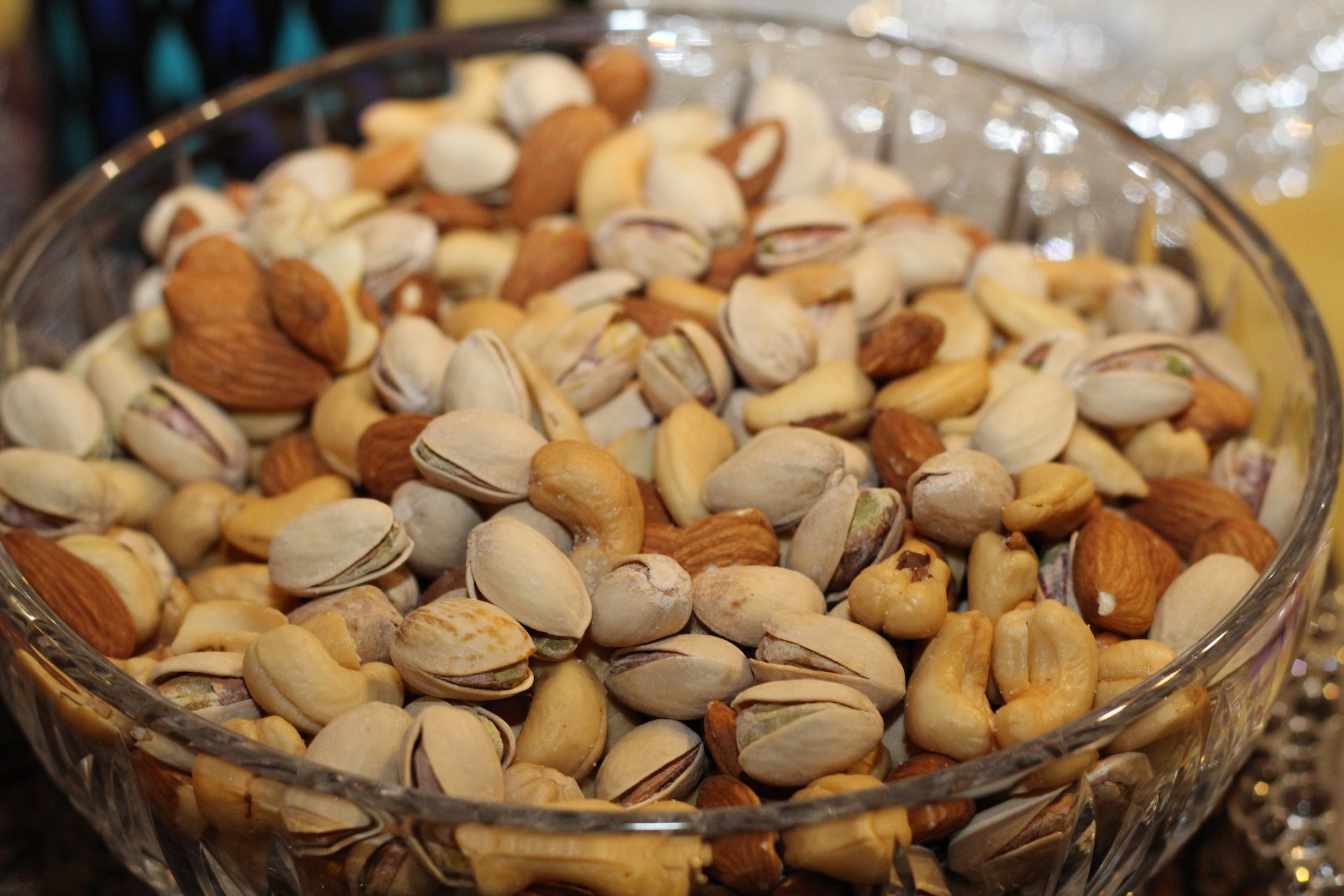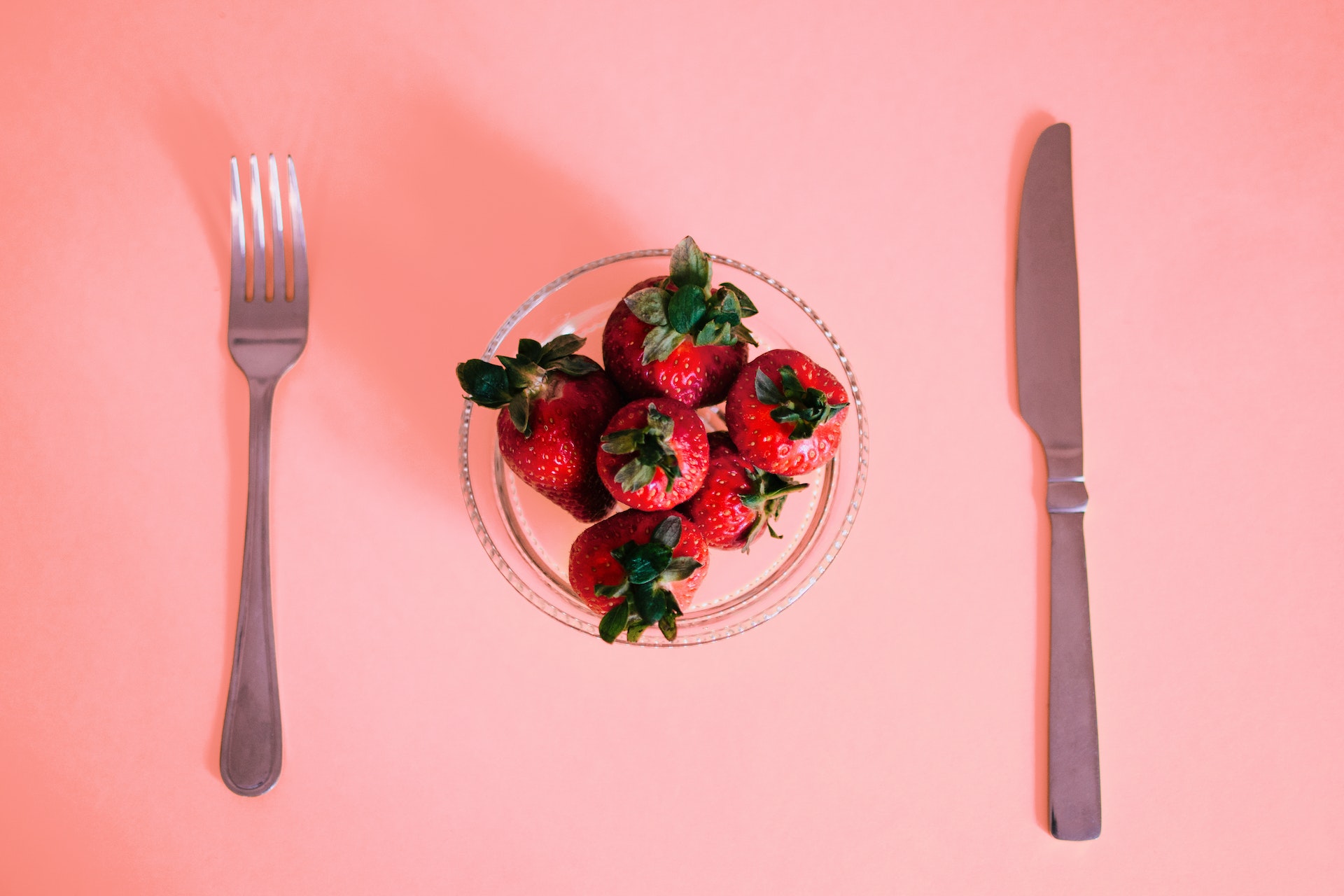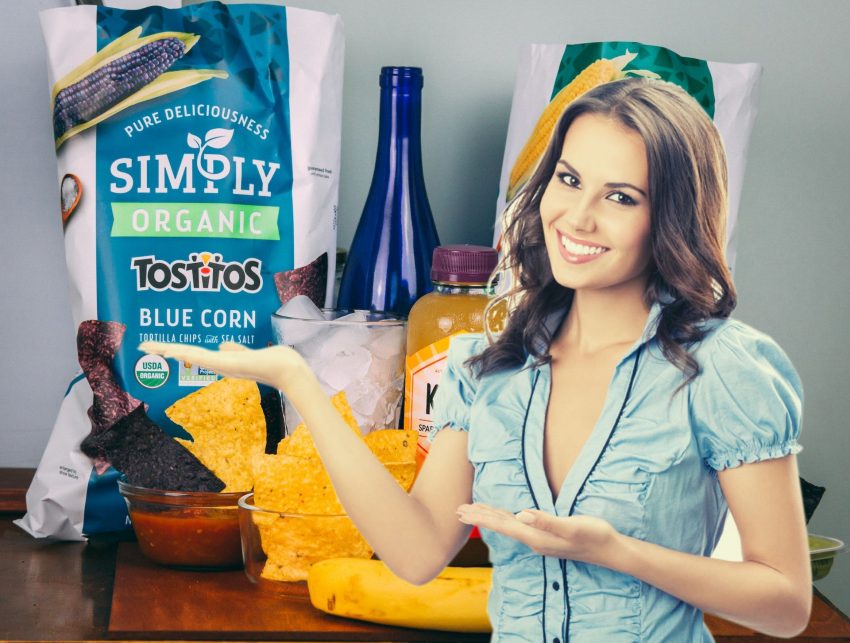If you’re like me, you’re always looking for new high-protein vegan snacks to try. Lucky for you, I’ve put together a list of the top seven best ones. From edamame to tempeh to homemade protein bars, these snacks have everything you need to keep you going between meals.
You don’t even have to be vegan to enjoy these plant-based snacks. Thankfully, not all plant-based snacks are low-protein. Protein is essential because it keeps you full and supports many bodily functions, like hormone synthesis and muscle growth.
If you’re looking for some high-protein vegan snacks, look no further! Here are the top seven best high-protein vegan snacks. These snacks will help you stay energized and satisfied until your next meal. Keep reading!
Table of Contents
Why High Protein Vegan Snacks?
As a vital part of all diets, protein contains amino acids helpful for building cell blocks. On a daily level, protein helps to regulate appetite and maintains and builds muscle mass. Therefore, eating lots of protein is best for weight loss or muscle gain.
As a vegan looking to shed some weight, you might want to eat more healthy vegan snacks, such as:
Chia Pudding
This high-protein snack is one you can make in your home when you desire a treat. If you’re interested in making your own Chia pudding, allow your chia seeds to steep in plant-based milk. Using almond milk is best but leave it to soak overnight to swell. Then add your preferred sweetener or fruit and serve.
Chia seeds contain lots of protein. However, if you want it to be smoother, you need to blend the prepared pudding. You can mix it with cocoa powder to make a silky chocolate pudding. Each chocolate pudding serving delivers about 13 grams of protein and is the perfect dessert-like high-protein vegan snack.
Roasted Chickpeas
Snacking on roasted chickpeas is your best bet if you desire the same crunchy satisfaction you get from eating potato chips. It’s perfect for satisfying your salty snack cravings and offers double the protein you get from eating potato chips.
Although many great roasted chickpea choices exist online or at grocery stores, you can make yours at home if you have the time. It only takes 45 minutes to roast in the oven, and the procedure is pretty simple.
Start by preheating the oven to 400ºF, then use cold water to rinse the chickpeas before blotting them dry with a paper towel. Put the chickpeas in a single layer on a rimmed baking dish and drizzle with seasoning and oil. Mix them to distribute and bake for 45 to 75 minutes.
However, ensure you stir it every 20 minutes until they have turned medium brown and you have crunchy chickpeas. Seeing as each oven differs, you might want to monitor your chickpeas after 45 minutes. The aim is to make your chickpeas as crunchy as corn nuts.
If you’d rather go for the ones sold online or at grocery stores, consider trying the spicy ones containing cayenne and cumin or the classic option containing pepper and salt. There’s also the option that comes with vinegar and salt.
Roasted Nuts
Legumes like peanuts and nuts are always savory snacks you can take whenever you feel hungry. Whether you’re snacking on nuts from the store or want to mix them with spices at home, these plant-based protein sources will tide you over until you get a proper meal.
Roasted peanuts, spiced pecans, or curried cashews aren’t only tasty and filling protein nuggets but also contain about seven grams of protein for each 1-oz serving.
Plant-based Yogurt
Yogurt is one delicious snack that has varieties of options. Besides being made with different legumes and nuts, including pea, almonds, and cashew milk, you can also make coconut, oat, and soy-based yogurts.
However, the protein level varies due to the different types of yogurt available for vegans. Oat milk and nut yogurts contain about three to five grams of protein for each serving, while soy yogurt contains about ten grams of protein per serving. If you’re going for flavored varieties, ensure you check for too much sugar.
Seeded Crackers
This plant protein healthy snack offers more nutrition, satisfaction, and crunch than the average saltine. As a vegan that enjoys a plant-based diet, you’ll appreciate the crunch of seeded crackers with peanut butter, dips, and spreads.
Plant-powered seeded crackers are readily available at grocery stores, but you can also prepare them at home. Each serving contains about three grams of protein.
Smoothies
While you might consider smoothies as desserts, they can also be healthy snacks. Some recipes thicken their smoothies with milk or yogurt to make them creamier and increase the protein level. However, as a vegan, you can swap those ingredients for plant-based yogurt and milk with your preferred fruit flavor.
Your smoothie’s protein amount depends on you and your preferred healthy ingredients. Regardless of the smoothie you make, you can always increase its protein level by adding a plant-based protein powder.
Wasabi Peas
If you want to munch on something spicy, consider wasabi peas. These little green peas are available in most grocery stores’ bulk item sections, or you can order online for them.
However, if you don’t enjoy spicy foods or snacks but want something crunchy to munch on, consider opting for “freeze-dried peas.” While they’re still wasabi peas, you’ll be spared the horseradish flavor.
Half-cups of the wasabi peas and “freeze-dried peas” contain seven grams of protein.
7 High Protein Sources for Vegans

While so many high protein sources are available at groceries stores and vegan online shops, the following are our top-picked choice:
Grains
Although grains contain energy-boosting carbohydrates, they also come with high amounts of protein. Grains provide more fiber and proteins. For instance, a whole-grain pasta cup contains more protein than a big egg and a similar protein amount to a whole milk cup.
Whole grains have Vitamin B’s niacin and thiamin. It’s also a great source of Vitamin E, zinc, selenium, phosphorus, magnesium, manganese, iron, and copper, plus various antioxidants and phytochemicals.
Whole grains reduce chronic disease risks and provide about four to 12 grams of protein for each cup of cooked grain product. Wheat and Kamut lead on grain products with 12 grams of protein per cup. Amaranth and quinoa also provide eight to ten grams of protein per cup.
Barley and rice take the bottom rung with about four grams of protein per cup.
Plant-Based Milk
Coconut milk, soy milk, pea milk, and other plant-based milk provide a similar amount of protein as a whole milk cup, with about six to ten grams of protein for each cup. You can enjoy plant-based milk on its own as a convenient snack or add it to smoothies, puddings, or cereals. Also, as a vegan, you can replace cow milk with plant-based milk in recipes.
Besides being lower in fat, they’re cholesterol-free and contain Vitamin D, B12, and calcium as cow milk. However, there’s no added sugar.
Tree Nuts and Peanuts
Although peanuts are legumes, we’ll also categorize them under nuts due to their similar nutrition profile to nuts. Tree nuts are excellent sources of trace minerals like zinc, iron, selenium, manganese, copper, and magnesium. They’re also rich in healthy fats, antioxidants, and Vitamin E.
Nuts have excellent anti-inflammatory properties and help lower triglycerides and cholesterol. Tree nuts protect against diabetes and heart diseases while increasing longevity. While peanuts contain nine grams of protein for each quarter cup, tree nuts have five to eight grams per quarter cup.
Seeds
Seeds like Chia seeds and hemp seeds contain protein, healthy fats, fatty acids, phytochemicals, antioxidants, vitamin E, and trace minerals like potassium, magnesium, calcium, zinc, and iron.
Each seed has a unique nutrition profile so ensure you take various types. However, hemp seeds and pumpkin seeds contain a highly concentrated amount of proteins. While other seeds boast six to 13 grams for each quarter cup, pumpkin seeds have 10 grams of protein per quarter cup, and hemp seeds contain 13 grams of protein for each quarter cup.
Plant-Based “Meats”
Veggie sausages, burgers, and other plant-based meats provide easy-to-use digestible protein, adding enjoyment to the plant-based diet. They boost protein in seniors, athletes, and people that require high protein intake.
Sadly, plant-based meats are highly-processed, leading to higher sodium and fat intake. Ensure you check the labels before buying. A 3-ounce serving of vegan meats provides 15 grams of protein.
Legumes
Legumes like dried peas, black beans, lentils, kidney beans, and white beans are plant-based powerhouses rich in zinc and iron. They also contain Vitamin B, especially folate, while contributing highly to magnesium and calcium intakes.
Colorful legume varieties contain phytochemicals like phenolic acids and flavonoids. Legumes are also one of the most concentrated fiber and resistant starch (prebiotics) sources providing essential beneficial gut microbiota fuel.
As a high protein source, a cup of cooked legume contains 14 to 18 grams of protein per serving.
Soy Foods
Soy foods like tempeh, edamame, and silken tofu have remarkable health benefits. Besides being high protein sources with 15 to 20 grams of protein for each half-cup serving, they also contain high essential fatty acids, riboflavin, potassium, calcium, zinc, and iron.
Also, soy foods contain plant estrogens or protective isoflavones, helpful for lowering cholesterol, protecting against prostate and breast cancer, reducing heart disease risks, and decreasing menopause symptoms.

FAQs
What Plant-based Snacks Are High in Protein?
Although many vegan foods and snacks are high in protein, some soy products like edamame, tempeh, and silky tofu are amongst the richest protein sources in a vegan diet.
Protein powder and plant-based foods high in protein help vegans meet their daily protein need
How Can Vegans Meet Their Daily Protein Need?
Besides eating these recommended vegan protein snacks, you also need to add other plant-based supplements and quality protein powder to your nutrition plan as a vegan to get enough protein.
While protein powder is beneficial and convenient for both vegans and nonvegans, it allows vegans to get enough amino acids and proteins their body needs daily.
How Much Protein Does Vegans Need in a Day?
About 10 to 35 percent of your daily calorie intake should be from protein. Depending on the number of calories you take a day, you might be looking at 50 to 175 grams or 200 to 700 grams.
According to dietary recommendations from experts, an average sedentary adult will need about 0.8 grams for each kilogram of body weight.
What’s the Main Symptom of Lack of Protein?
Lack of protein generally leads to fatigue and weakness. Over time, a lack of protein might lead to muscle mass loss, cutting your strength, slowing your metabolism, and making it difficult for you to maintain your balance.
It might also result in anemia, cutting down your cell’s oxygen supply and making you tired.
Do Oats Have Protein?
Yes, there’s oat protein. Although it’s generally considered a potential low-cost protein source, oats have an 11 to 15 percent high protein content and other unique protein composition.
Wrapping Up
Many vegan options are available if you’re looking for a vegan-friendly, great snack that also provides protein. Soy foods like tofu, wasabi peas, roasted nuts, and roasted chickpeas all offer a good amount of protein in a small serving size.
You can find these snacks at most grocery stores or online retailers. However, there are other homemade vegan high-protein snacks like tortilla chips, dark chocolate chips, almond butter, and desiccated coconut.
Finding where to buy purely vegan snacks and foods can sometimes be tasking. Thankfully, Vegan Justice League is available to help you live a stress-free vegan lifestyle. Browse through our website to shop for all your vegan needs today!

